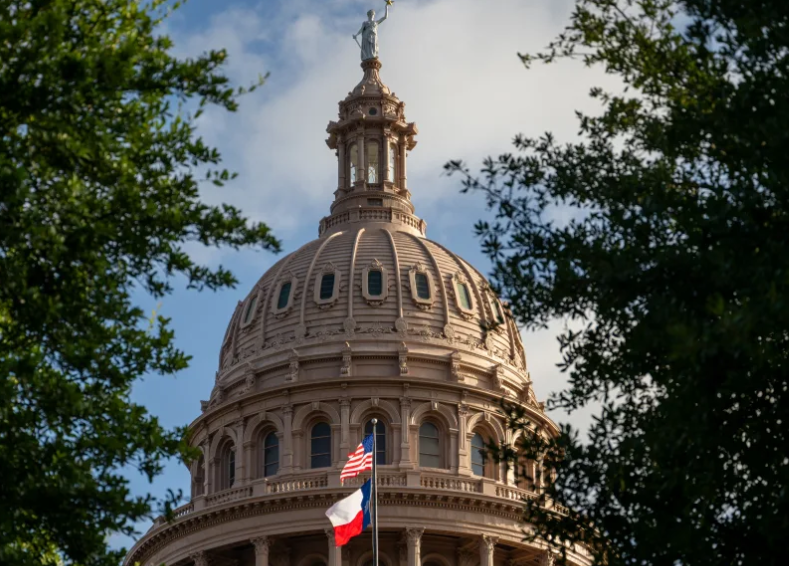A Texas man is actively seeking a court order to depose a woman he had been dating, alleging that she traveled to Colorado to undergo an abortion. Collin Davis, a resident of Brazos County, initiated legal action in March, stating that he retained an attorney the day after learning of the woman’s intention to terminate the pregnancy.
He claims that he sent her a letter through his attorney, requesting preservation of all records related to her abortion plans. In the letter, he warned of potential wrongful-death claims against anyone involved in what he perceives as the termination of his unborn child.
Davis argues that the deposition is crucial to ascertain whether there was a violation of the Texas wrongful-death statute, referencing Texas civil code provisions that define individuals to include “an unborn child at every stage of gestation from fertilization until birth.” He also cites Texas’ SB 8, the civil enforcement six-week abortion ban, as relevant to his case.
The woman, whose identity remains anonymous due to a petition for sealed court records, began dating Davis in November 2023 and discovered her pregnancy in January, according to court documents. Davis seeks the deposition to gather information about those involved in the abortion, including the identity of the doctor who performed the procedure in Colorado, potentially paving the way for a lawsuit against them.
Represented by Jonathan Mitchell, a prominent lawyer and abortion rights opponent who previously represented Donald Trump, Davis aims to leverage SB 8 to support his case. Mitchell, involved in crafting SB 8, asserts that fathers of aborted fetuses can pursue wrongful death claims even if the abortion occurs out-of-state, targeting anyone involved in facilitating the procedure.
Critics view Davis’ legal maneuver as emblematic of the new legal landscape facing women seeking abortion, even in states where it remains legal. Marc Hearron, an attorney at the Center for Reproductive Rights representing the woman, emphasizes the legality of obtaining an abortion out-of-state and assisting others in doing so.
Nancy Northup, president & CEO of the Center for Reproductive Rights, links Davis’ actions to the Supreme Court’s 2022 decision in Dobbs v. Jackson Women’s Health Organization, which overturned Roe v. Wade, asserting that it fosters fearmongering and harassment.
Davis’ case echoes previous legal efforts under SB 8, such as a wrongful death lawsuit filed against individuals alleged to have assisted in a woman’s abortion. However, the outcome of such cases remains uncertain, raising concerns among legal experts.
Republican-led states have pursued legislative measures to deter out-of-state abortions, such as Idaho’s bill to prohibit adults from aiding minors in accessing abortions without parental consent. Tennessee is also considering legislation criminalizing “abortion trafficking” for minors within the state.
Temple University Beasley School of Law Dean Rachel Rebouché describes Davis’ actions as “bizarre and concerning” but not surprising, suggesting a potential increase in similar cases as long as Dobbs remains in effect. Rebouché believes that such cases underscore the need for revisiting the Dobbs decision.

